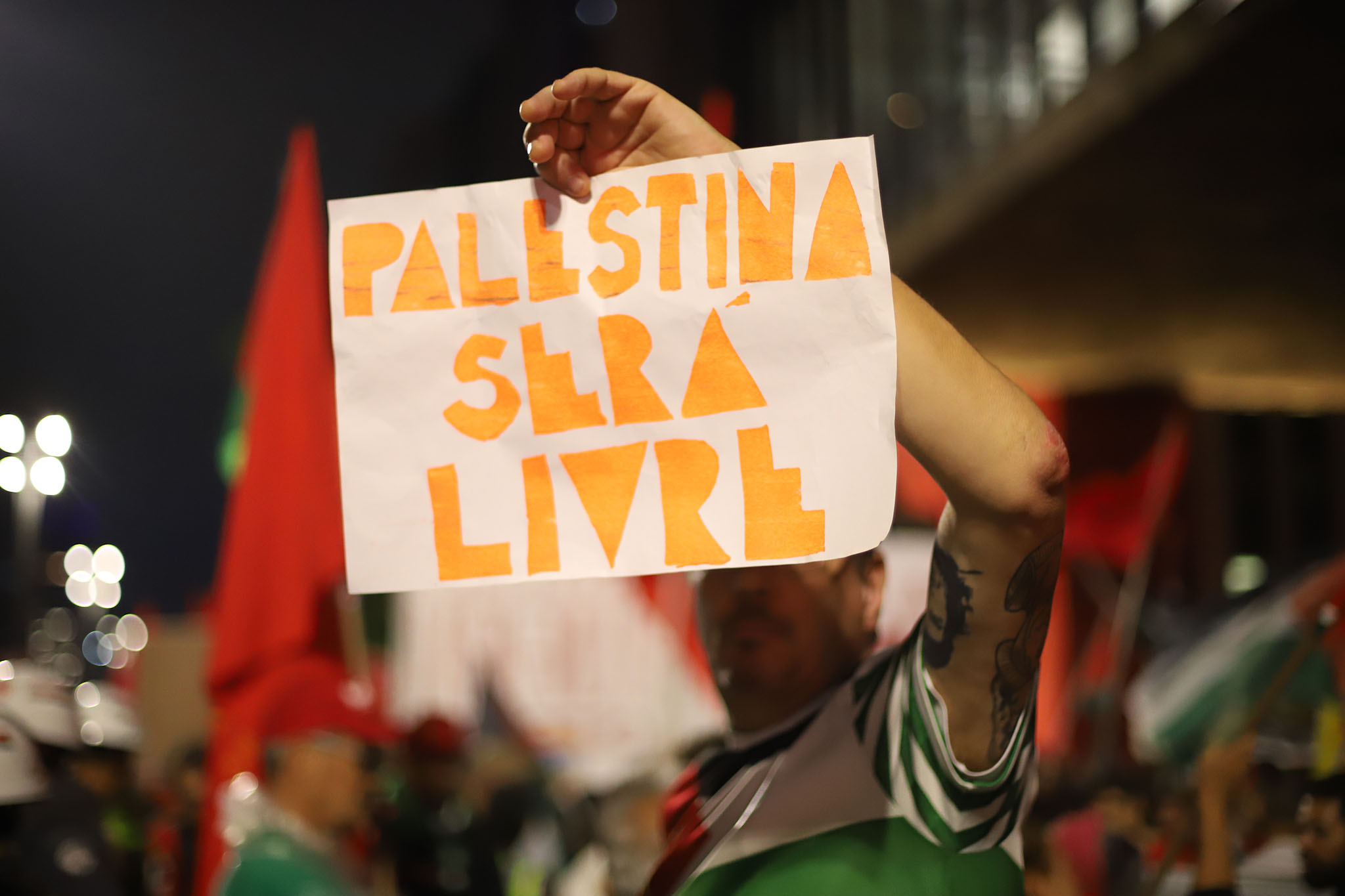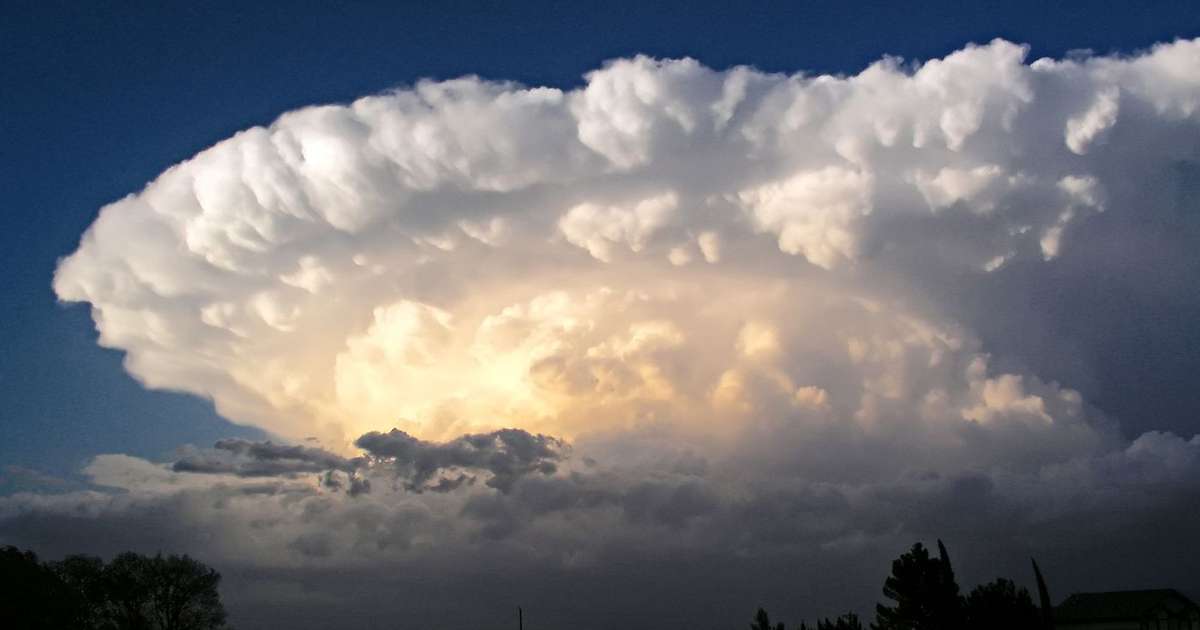Lenin Tamayo looks and moves like a K-pop singer, but he actually loves Q’pop, an adaptation of the Korean musical phenomenon with the native language of the Peruvian Andes mixed with Spanish.
At the age of 23, the artist is a success on TikTok, combining a taste for glamorous K-pop with pop music sung in Quechua, a language spoken by 14% of 33 million Peruvians. The idea is to integrate what he proudly calls his “assets”.
Lenin records his songs in a modest 20-square-meter improvised studio, inside the roof of a house in the densely populated neighborhood of Comas, north of Lima.
“I thought of transferring my Andean roots to music, mixing Andean with global trends like K-pop. Q’pop allows me to validate my existence, and I can tell where I’m coming from. It’s a very powerful and disturbing concept,” Lenin said, in an interview with France Press agency.
For him, Quechua pop is a protest against the reductionist idea of the Andean world. Quechua, or Quechua, is also alive in some regions of Brazil, Argentina, Bolivia, Colombia, Chile, and Ecuador.
The artist composes all the poems in which he talks about his country, his love and his freedom, defying the barriers of language.
“Don’t you understand or don’t you want to understand? / I speak Spanish, Quechua or English. It doesn’t matter what language, right or wrong / You know I don’t lie / I say what I feel”, Lenin sings in “Imaynata”, his most famous work.
At the end of 2022, he made his debut on the streets and on Tik-Tok, where he now has nearly 198,000 followers. His videos add up to 4.2 million likes.
On Instagram, YouTube, and Facebook, she has more than 85.3k followers. On Spotify, it reaches a monthly audience of 3,800 listeners.
Quechua renewal
On a weekday, in the late afternoon, Lenin gave a performance to some fans of K-Pop culture.
Along with jeans, a pair of sneakers and a black sleeveless T-shirt, he wears a trench coat and thick belt with multi-colored Andean world patterns, while maintaining an air of K-pop personality.
“You are the best singer I have ever heard!” A teenager in Lenin’s arms cries out, thanking him.
“It’s hard to find modern songs in Quechua because almost nobody does, so I love that [de Lenin] Because it’s different,” says Tiara Yoshioka, a regular spectator of street performances in Peru.
Pronouns move
Born in Lima, Linín Tamayo learned the Quechua language at home from his mother, Yolanda Benares, a singer of Andean folk music born in Cusco, the former capital of the Inca Empire.
He says he was bullied at school, but found a “welcoming community” in K-pop.
Today, he wants his music to give young people “hope that they can maintain their identity and embrace global trends.”
“Do people understand Korean in K-Pop?” Lenin questions this, adding that the Quechua language can also be “a tool to stir up consciences because of its sound and cultural potential”.
Music critic Oscar García says that language reaches young people through foreign musical genres such as pop, rap, reggaeton or trap.
For him, this was due to the fact that “the young people from within do not consider folklore their music”.
“They respect and listen to where their parents are, but they participate more in what is called urban music, where they feel entitled to sing.” [em quíchua] Whatever they like,” adds Garcia.
- Read more: BTS turns 10 and fans in South Korea are celebrating
Pop Week explains why K-Pop stars left the stage to serve in the military

“Prone to fits of apathy. Problem solver. Twitter buff. Wannabe music advocate.”





:strip_icc()/i.s3.glbimg.com/v1/AUTH_59edd422c0c84a879bd37670ae4f538a/internal_photos/bs/2024/Z/I/BVci7bQ1CTa7VXukYW9w/captura-de-tela-2024-05-07-163244.png)
:strip_icc()/i.s3.glbimg.com/v1/AUTH_59edd422c0c84a879bd37670ae4f538a/internal_photos/bs/2023/A/M/BYzVXTRyAbPuOXe0AvsA/lenin-tamayo.jpg)
More Stories
The beaches of Buzios, the visit of Christ and Pedra do Sal… See how the Madonna dancers’ vacation goes | Madonna in Rio
Members of Kate Middleton’s team are unable to reach the princess after surgery
A teenager with Down syndrome wins a beauty pageant title in a competition in the United States